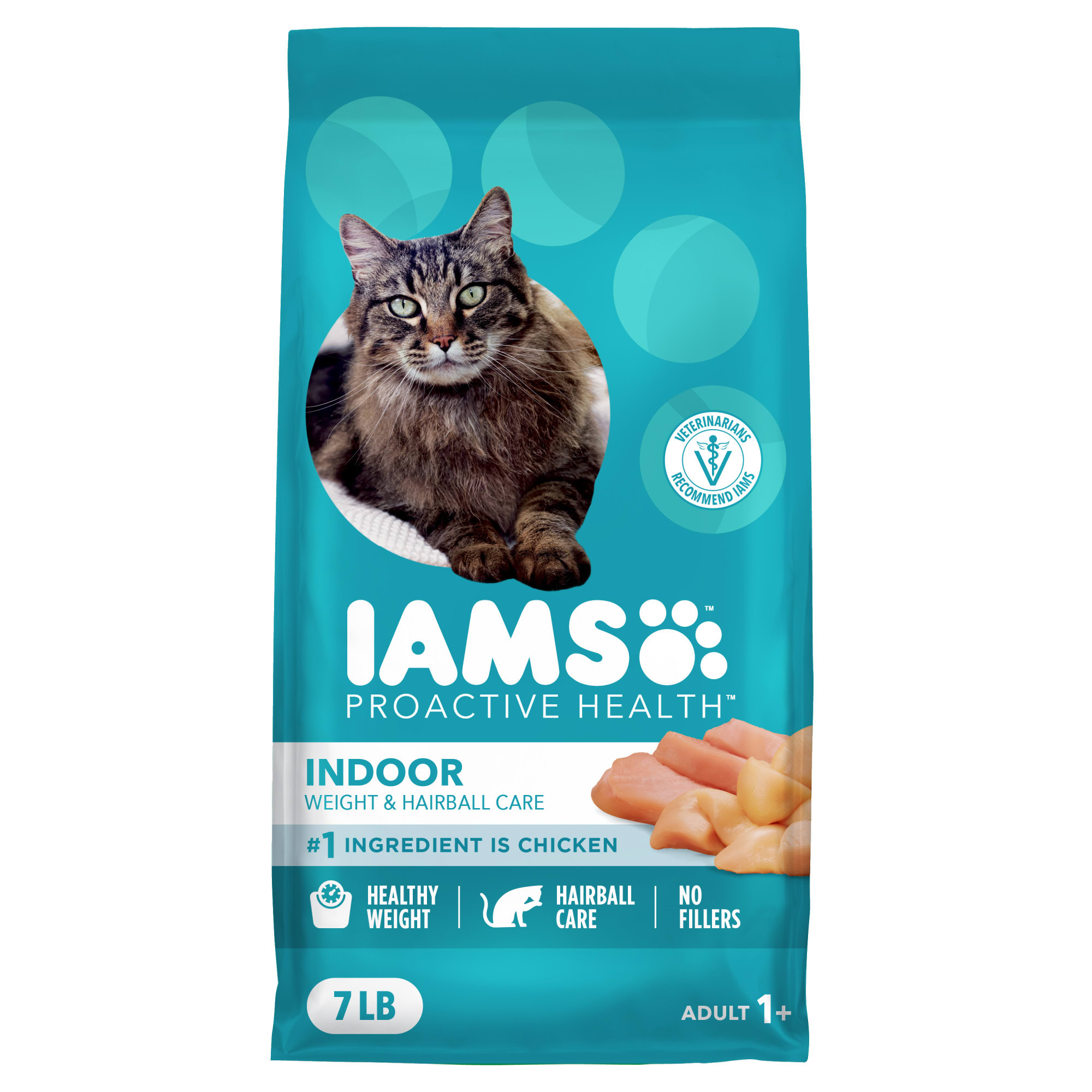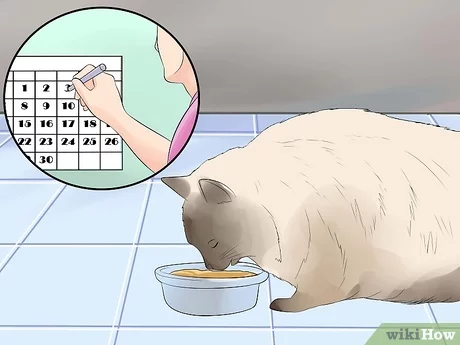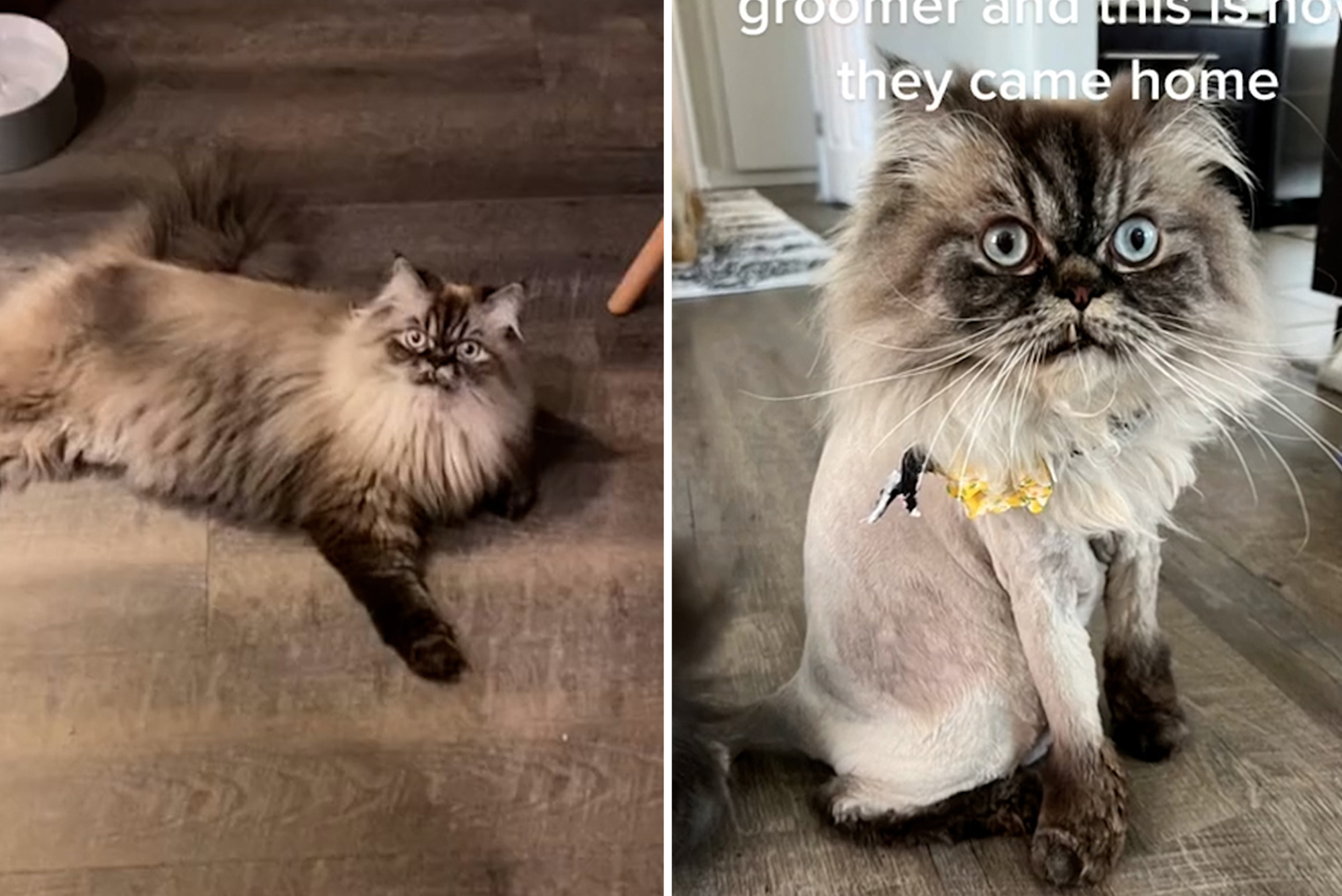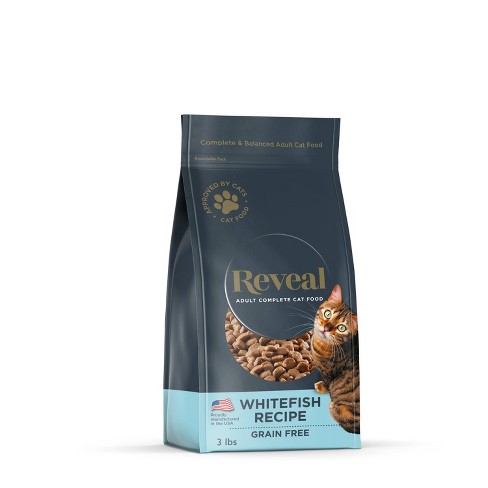Your Himalayan cat may be losing weight due to health issues like dental problems, stress, or diseases. It’s essential to consult a vet quickly.
Himalayan cats, known for their luxurious fur and distinctive color points, are generally robust pets. Yet, sudden weight loss in these felines can point towards underlying health concerns. Owners should observe their cat for any additional symptoms that could indicate illness, such as changes in appetite, behavior, or bathroom habits.
Early detection of problems like hyperthyroidism, diabetes, or kidney disease can make a significant difference in treatment success. A balanced diet, regular exercise, and routine veterinary check-ups are crucial for maintaining a Himalayan cat’s health. Taking swift action by getting a professional evaluation ensures that your fluffy companion receives the care needed to regain and maintain a healthy weight.

Credit: www.petco.com
Unveiling The Mystery Of Weight Loss In Himalayan Cats
Is your fluffy Himalayan companion looking a bit slimmer these days? If you’ve noticed your fur baby isn’t as plump as usual, it could be cause for concern. Weight fluctuations in Himalayan cats can hint at underlying issues. Let’s tackle the puzzle of why your Himalayan might be losing weight. Understanding the signs and maintaining their health is vital for their well-being.
Characteristics Of A Healthy Himalayan Cat
A healthy Himalayan cat is the epitome of fluffiness and charm. They typically possess a sturdy body with a good muscular form. Their weight should feel substantial but not overweight when you pick them up. Look for bright, clear eyes and a soft, lustrous coat. Regular vet check-ups ensure they maintain a clean bill of health.
- Good muscle mass: Sturdy and well-defined
- Coat quality: Full, soft, and lustrous
- Eye clarity: Bright and clear
- Energy levels: Active and playful
Identifying Signs Of Unintentional Weight Loss
Changes in weight can be sneaky. It’s crucial to catch them before they become severe. An unintentional drop in weight often signals that not all is well.
- Monitor eating habits: Are they eating less?
- Check for dental issues: Is chewing painful?
- Observe activity level: Are they less playful?
- Examine the litter box: Any changes?
If you spot these signs, contact your vet right away. Early detection is the key to a healthy, happy cat.
| Sign | Possible Causes |
|---|---|
| Eating less | Stress, illness, food dislike |
| Chewing discomfort | Dental problems, mouth injury |
| Activity decline | Illness, pain, aging |
| Litter box changes | Digestive issues, stress |

Credit: nypost.com
Common Health Issues In Felines
Common Health Issues in Felines can lead to various symptoms, including weight loss. When your Himalayan cat starts to shed pounds, it’s important to consider health problems as one of the potential causes. Weight loss can signal something as simple as a diet change necessity or as serious as a chronic illness. Identifying the underlying issue is crucial for your feline’s wellbeing.
Dental Disease And Appetite
One of the more common issues that can cause weight loss in cats is dental disease. Poor dental health can lead to pain and discomfort, making eating an excruciating experience for your Himalayan cat. This can drastically reduce their willingness to eat, resulting in significant weight loss.
| Symptoms of Dental Disease | Consequences |
|---|---|
| Bad breath | Reduced appetite |
| Visible tartar | Weight loss |
| Difficulty eating | Potentially serious health issues |
Parasitic Infections Impacting Nutrition
Parasitic infections are another frequent culprit when it comes to unexpected weight loss in cats. Parasites, like worms, compete with your Himalayan cat for nutrients from their diet, which can severely impact their overall nutrition and health.
- Roundworms
- Hookworms
- Tapeworms
These unwelcome guests can lead to a nutrient deficit. This can cause your cat to lose weight as they are not getting enough of what their body needs to maintain a healthy weight.
Diet And Nutrition: The Building Blocks Of Feline Health
Paying attention to diet and nutrition is vital for your fluffy companion’s wellbeing. Himalayan cats, like all felines, require the right balance of proteins, fats, and carbohydrates to thrive. A diet that lacks essential nutrients can lead to weight loss and impact overall health. Understanding your Himalayan cat’s unique dietary requirements ensures they maintain an ideal weight and a lush coat.
Assessing Your Himalayan Cat’s Dietary Needs
Every Himalayan cat has specific nutritional needs that differ according to age, activity level, and health status. Younger cats generally need more calories, while seniors may require less. Indoor cats might also have different energy requirements compared to those who venture outdoors.
- High-Quality Protein: This is essential to sustain muscle mass.
- Fats: These provide energy and support coat health.
- Fiber: Aids in digestion and weight management.
- Vitamins and Minerals: Important for preventing deficiencies.
| Age | Dietary Requirement |
|---|---|
| Kitten | High protein, calories |
| Adult | Balanced diet |
| Senior | Adjusted for lower metabolism |
The Role Of Hydration In Maintaining Weight
Water plays a crucial role in keeping your Himalayan cat’s weight stable. It supports digestion and nutrient absorption. Lack of adequate water can lead to dehydration. This can cause a decrease in appetite and subsequent weight loss.
Ensure your cat has constant access to fresh water. You might consider a cat water fountain to encourage regular drinking. Wet food can also contribute to necessary hydration outputs.
- Check water bowls daily
- Clean water sources regularly
- Mix wet and dry food for balance
The Real Cost Of Stress On Your Cat’s Well-being
Noticing your Himalayan cat losing weight can be alarming. Unexpected weight loss often signals underlying health issues, one of which could be stress. Understanding how stress directly impacts your cat is crucial to prevent long-term health consequences.
Environmental Factors Contributing To Stress
Cats are sensitive to their surroundings. Even small changes can create stress. Let’s explore environmental aspects that could affect your cat’s serenity:
- New pets or people in the home
- Loud noises, such as construction or fireworks
- Changes in routine or living spaces
- Limited access to quiet, safe areas
Behavioral Changes And Their Effect On Health
Stress can manifest through behavioral changes, influencing your cat’s health. Look out for:
| Behavior | Health Impact |
|---|---|
| Reduced Appetite | Leads to weight loss and nutrient deficiencies |
| Inactivity | Cause muscle loss and lethargy |
| Over-Grooming | Results in hair loss and skin issues |
| Aggression or Hiding | Reflects anxiety, affecting overall health |
When To Seek Professional Help
Observing your Himalayan cat shedding pounds unexpectedly can be alarming. Understanding when to seek professional help is pivotal to your feline companion’s health. Weight loss in cats can indicate various health issues, some of which require immediate attention.
Deciphering The Alarm Bells: Vet Visit Triggers
Recognize the signs that it’s time to schedule a visit to the vet:
- Rapid weight loss: A steep decrease in weight over a brief period is a red flag.
- Decreased appetite: If your cat shows less interest in food, take note.
- Lethargy: Lack of energy or listlessness warrants concern.
- Change in behavior: Any drastic behavior change is a signal for help.
- Vomiting or diarrhea: Persistent gastrointestinal issues need a vet’s attention.
Diagnostic Tools For Weight Loss In Cats
Vets use several diagnostic tools to discover the cause of weight loss:
| Diagnostic Tool | Purpose |
|---|---|
| Blood tests | To check for health conditions like diabetes or kidney issues |
| Urinalysis | To evaluate kidney function and detect infections |
| Ultrasound | To view internal organs and identify abnormalities |
| X-rays | To detect any blockages or tumors |
| Fecal exam | To test for parasites or digestive problems |
Preventative Measures And Proactive Care
Watching your Himalayan cat lose weight can be alarming.
A focus on prevention and proactive care helps maintain his health.
Simple steps can keep your furry friend happy.
Creating A Cat-friendly Environment
Cats thrive in a stress-free zone.
Consider these elements for a perfect cat habitat:
- Secure spaces for hiding and sleeping
- Clean, accessible litter boxes
- Scratching posts to prevent stress
- Fresh water and balanced diet
Engage your cat with toys and playtime.
Regular Check-ups And Early Detection
Annual vet visits are critical.
| Age | Check-up Frequency |
|---|---|
| Under 10 years | Once a year |
| Over 10 years | Twice a year |
Regular check-ups spot issues early.
Early detection means effective treatment.

Credit: www.amazon.com
Frequently Asked Questions For Why Is My Himalayan Cat Losing Weight
Why Is My Cat Losing Weight But Still Eating?
Your cat might be losing weight due to underlying health issues such as dental problems, diabetes, or hyperthyroidism even if it’s eating well. A veterinarian should evaluate weight loss in cats.
Why Is My Himalayan Cat So Skinny?
Your Himalayan cat might be underweight due to dietary issues, health problems, or genetics. Consult a vet to identify and address any underlying conditions. Ensure your cat has a balanced diet and regular check-ups to maintain healthy weight.
When Should I Be Concerned About My Cat Losing Weight?
Consult a vet if your cat’s weight loss is rapid, unintended, or accompanied by other symptoms like lethargy or appetite changes.
Is My Cat Too Skinny If I Can Feel Her Spine?
Feeling your cat’s spine is normal, but prominent bones may indicate they are underweight. Consult a vet for a proper health assessment.
Conclusion
Understanding your Himalayan cat’s weight loss is crucial for its wellbeing. Early veterinary intervention is key to addressing potential health issues. Remember, diet and lifestyle adjustments can make a significant difference. Keep an eye on your feline friend’s weight and seek advice when changes occur.
Your feline’s health deserves that attentive care.



